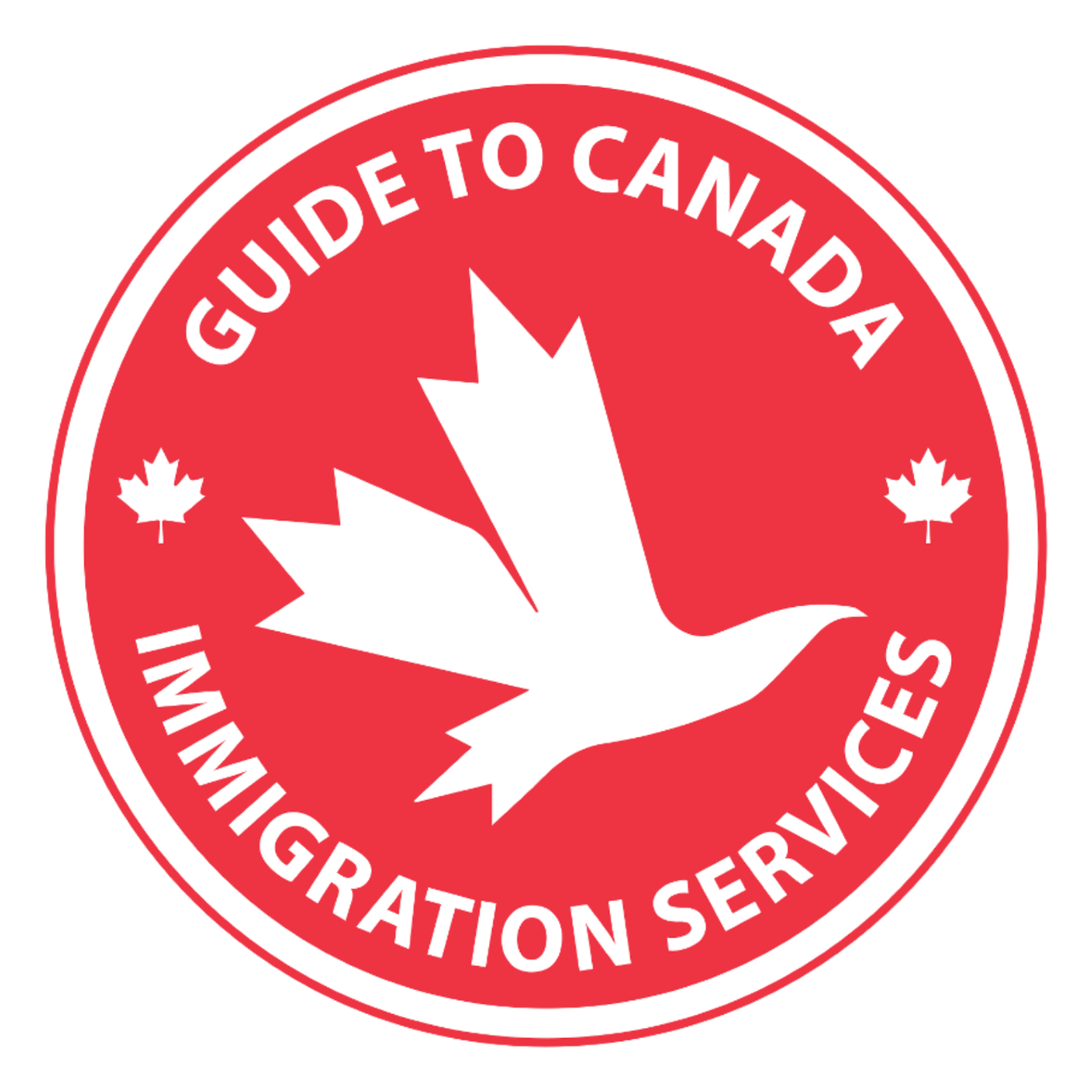Removal Order Appeal overview
If you are a Permanent Resident, Convention Refugee, Protected Person or a Foreign National with a Permanent Resident Visa who have been ordered removed from Canada, you can appeal that decision.
Removal Orders may arise in the following circumstances:
- The Immigration Division (ID) or Immigration Appeal Division (IAD) determines that a Removal Order should be issued after a hearing,
- A Canada Border Services Agency (CBSA) Officer issues a Removal Order after an examination, or
- An individual submits a refugee claim, and so receives a conditional Removal Order that will come into effect shortly after any refusal or abandonment of a refugee claim
Types of Removal Orders and their Consequences
- Departure Orders
Departure orders carry the least consequences. You may be given a departure order for a variety of reasons. For example, you may receive a departure order if you lose your permanent residence status and any appeals you made were refused. A departure order requires that you leave Canada within 30 days, confirming your departure with the CBSA on exit from the country. If the claimant does not leave Canada within the 30 days and/or does not inform CBSA of departure from the country, in nearly all cases the departure order will become a deportation order.
- Exclusion Orders
Similar to Departure orders, an exclusion order requires the foreign national to leave Canada, confirming departure with the CBSA upon exit from the country. However, exclusion orders include a time period for which a foreign national is barred from entering Canada. Depending upon the reasons for which the exclusion order was issued, the foreign national will be barred from making an application to return to Canada for one to five years. Exclusion orders can be issued by CBSA officers at a port of entry and as a consequence of a hearing at the Immigration and Refugee Board. Exclusion orders can be issued for violating Immigration Law, for example, arriving to Canada without a proper visa, overstaying after the expiration of a visa or working and/or studying without proper authorization. These breaches often result in exclusion orders for a time period of one year. However, where a misrepresentation finding is made, the ban from entering Canada is for five years among other consequences.
It is important to note that if the exclusion order is made within Canada, the exclusion period begins from the date the foreign national leaves the country whereas if the exclusion order is made from outside Canada, the exclusion order begins from the date on the exclusion order. If a foreign national seeks to return to Canada during the restricted period an application for “Authorization to Return to Canada” (ARC) is required.
*NOTE* Prior to November 2014, an exclusion order made on the grounds of misrepresentation would hold a penalty of 2 years as opposed to 5.
- Deportation Orders
Deportation orders carries lasting consequences. Deportation orders often arise when a departure order is issued but the foreign national does not leave within 30 days of the Order and/or does not inform CBSA of voluntary departure. Where a deportation order is made, the foreign national is barred permanently from entering Canada. A foreign national or an impending permanent resident will require an “Authorization to Re-Enter Canada” (ARC) to return to Canada.
Guide to Canada Immigration Services has extensive experience with representing individuals facing removal. We are familiar with the legal processes. These cases can be extremely complex and you do not have to do it alone. Please contact us today to find out your options!
What Happens if You Fail to Appear for Removal?
Removal Orders, in all cases, require that you leave Canada. If you fail to appear for a removal interview or fail to appear on the removal date, CBSA will issue a Canada-wide warrant for your arrest. Once CBSA has arrested you, they may detain you in a holding facility or provincial correctional facility before removal. CBSA may also assign an officer to accompany you on your departure to ensure that you leave Canada. If you leave Canada under a Departure order or an Exclusion order (and the time period for which you are barred from Canada has elapsed), you may be eligible to apply to return to Canada. However, please note that you must ensure that you are not inadmissible under other grounds (criminality, security concerns etc.)
Please contact our office to find out if you are eligible to file an appeal.
Request a consultation
Latest News
Canada launched its open work permit program for Hong Kong residents
Skilled workers and graduates from Hong Kong will be able to apply for a new Canadian open work permit starting February 8. Applicant from Hong Kong will be able to gain valuable work experience in Canada. Their Canadian experience will help them become permanent residents. The Express Entry system values candidates who have Canadian work experience. […]
New restrictions for those travelling to Canada
Canada’s government will introduce stricter measures to control the spread of COVID-19 in Canada, Prime Minister Justin Trudeau announced Friday. In addition to the new measures, major Canadian airlines are suspending all flights to “sun” destinations including Caribbean countries, effective Sunday, January 31. International flights will only land in four major Canadian airports: Toronto, Montreal, Vancouver […]
The Canadian Government holds its third Express Entry draw of 2021
Canada’s third Express Entry draw of the year was held on January 20, and it issued 374 invitations to apply to immigration candidates who have provincial nominations (PNP). The minimum required Comprehensive Ranking System (CRS) cut-off score was 741. Today’s minimum CRS score is higher than usual because those who receive provincial nominations are awarded an additional 600 […]
